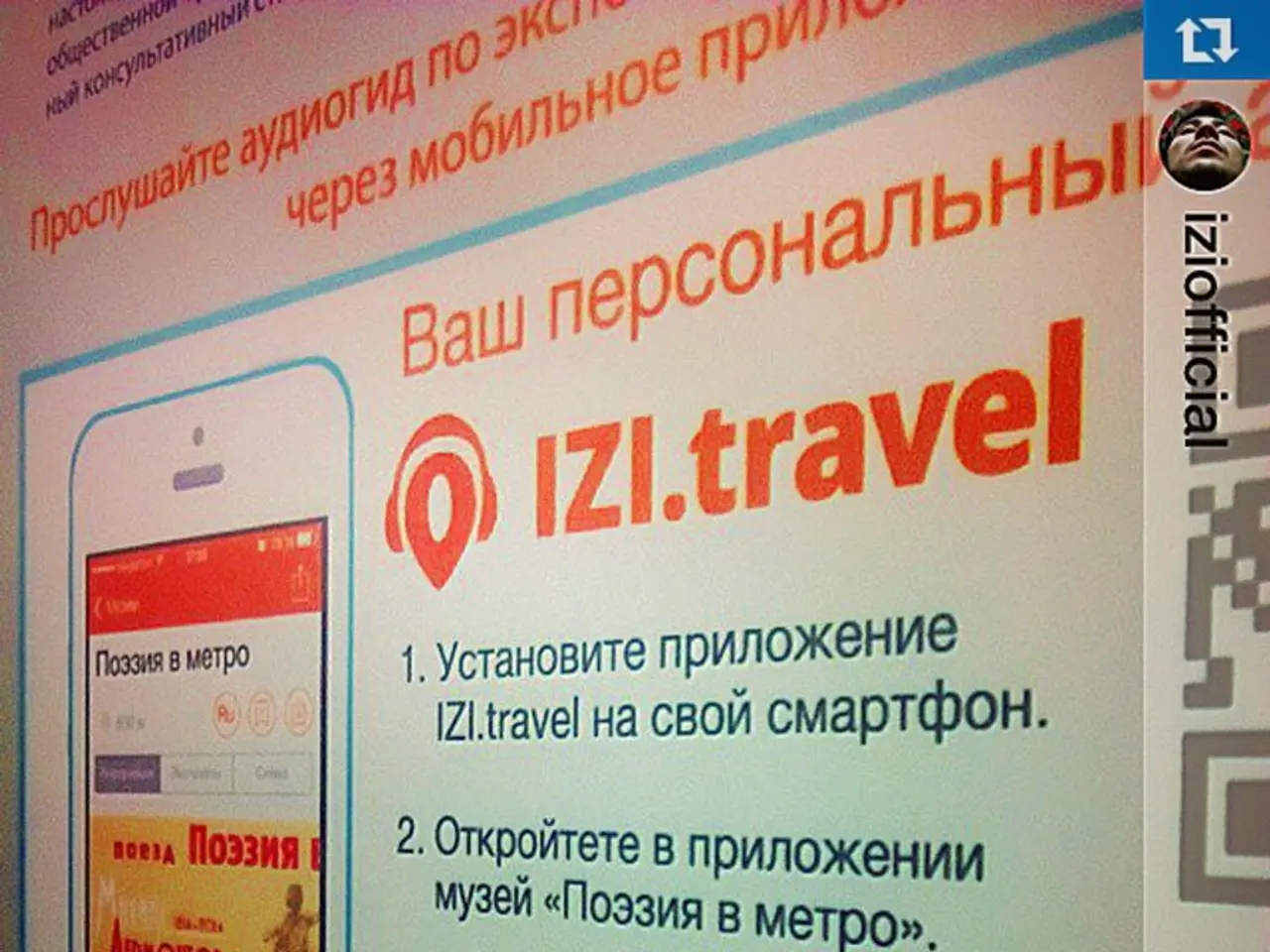Ministry suggests uniform dress policy to boost professional appearance
Kuwait's Ministry of Information has recently proposed dress code regulations for its employees aimed at promoting a professional image. These regulations specify distinct attire requirements for male and female staff, focusing on formal and culturally appropriate clothing to enhance professionalism within the ministry.
Details of the dress code
The proposed regulations lay out specific and separate dress requirements for male and female employees. For female employees, the dress code emphasizes modesty and professionalism. Female staff are to wear formal suits, long-sleeved shirts, skirts or long pants, and closed-toed shoes appropriate for work.
Male staff are expected to wear national attire (dishdasha, ghutra, and agal) or formal suits with long-sleeved shirts, trousers, and formal closed shoes.
The dress code prohibits flashy prints, branded accessories, or jewelry with logos that could be construed as marketing for women to preserve the neutrality expected in state media. Clothing that is tight, transparent, or shorter than knee-length, along with excessive makeup or strong perfumes, is prohibited for female staff. Casual items such as ripped jeans, shorts, tracksuits, dishdasha with caps, open-toed shoes, or garments featuring unofficial logos or imagery are strictly forbidden within ministry premises.
Similarly, clothing featuring commercial logos or casual wear is strictly prohibited for men. High heels deemed environmentally or medically inappropriate are also disallowed for female staff.
Implications and impact on professionalism:
The explicit dress standards aim to elevate the professional image of the ministry and its employees in public and official settings, aligning with broader efforts in Kuwait to enhance media and governmental professionalism. By distinguishing formal attire and forbidding casual or inappropriate clothing, the policy fosters a sense of discipline, respect, and organizational pride.
For female employees, the requirement of formal suits and long skirts or pants supports modesty practices common in Kuwaiti society, which may positively affect perceptions of professionalism and cultural appropriateness. For male employees, wearing traditional national attire strengthens cultural identity and respect for local customs, further embedding a professional and dignified presence.
Overall, these dress code regulations serve a dual function: reinforcing cultural values and elevating the perceived professionalism of the Ministry of Information’s workforce, which may improve internal morale and public trust in its operations.
The Ministry of Information plans to implement these new regulations immediately upon approval. The Human Resources Department has been tasked with monitoring compliance across all departments and reporting directly to the Undersecretary. Offenders will first receive warnings or reprimands, but repeated violations may lead to disciplinary investigations under Civil Service Law.
The Ministry of Information's proposed dress code includes specific attire requirements for both male and female employees, with an emphasis on promoting a professional image that aligns with Kuwait's broader efforts to enhance governmental professionalism (business). Female staff are required to wear formal suits, long-sleeved shirts, skirts or long pants, and closed-toed shoes, while male staff can choose between national attire or formal suits (business, fashion). The regulations aim to elevate the perceived professionalism of the ministry's workforce (business).




